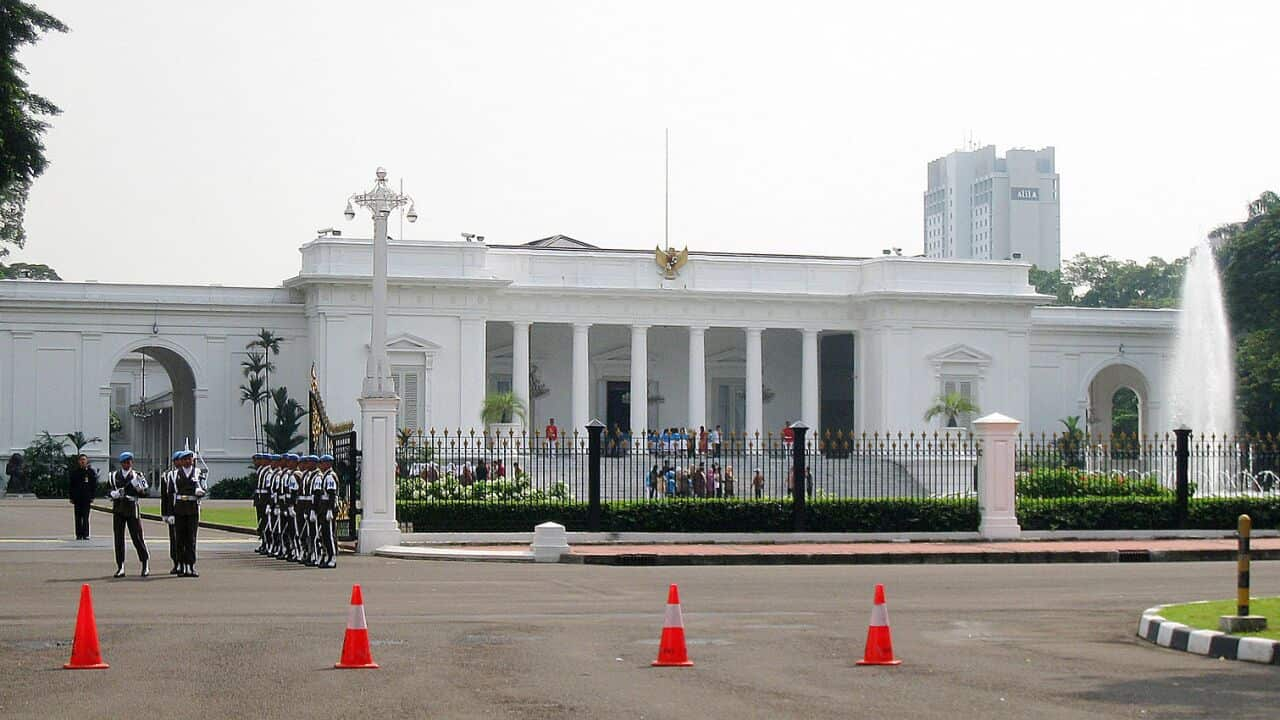Australia officially recognized Indonesia's independence on 27 December 1949.
The reason Australia supported Indonesia's independence was because Australia was the only continent located south of Indonesia.
TRANSCRIPT
Indonesians celebrate their Independence Day on August 17 - The day the nation’s founding fathers declared the country’s Independence.
However, the four years that followed after the declaration were far from peaceful - Indonesia had to establish internal stability; push back against the Netherlands, who were looking to re-occupy the territory; and to gain recognition from the international world.
Indeed, when a nation-state declares its independence, the sentiment needs to be shared and recognised by other nations - this amounts to the recognition of statehood, which, according to Ayu Anastasya Rachman, an International Relations Expert from Universitas Bina Mandiri Gorontalo, is a vital element in strengthening a nation’s position in global politics.
“A recognition of statehood will legitimise an entity as a sovereign state. Ideally, this would be a ticket to officially socialise in international organisations such as the United Nations (UN),” she said,
“The sovereign nation, for example, will gain access to the International Court of Justice…This can be used as a legal instrument to settle disputes and seek justice in case of human rights violations.”

Ayu Anastasya Rachman, ketua Program Studi Hubungan Internasional Universitas Bina Mandiri Gorontalo
“Australia referred the matter to the UN security council and…persuaded them to order a ceasefire and set up a committee which assisted the parties to this dispute - that is the Netherlands and the Republic of Indonesia - to negotiate a political solution which eventually resulted in December 1949 Indonesia becoming a state and then many other states as a matter of law recognised Indonesia.”
Australia’s parliament was recently colored by an incident involving ideas of statehood recognition. Senator Fatima Payman, formerly of the Labor Party, decided to cross the floor during the Senate vote to recognise a Palestinian State, thus signaling her taking a different stance to that of Labor’s caucus.
Senator Payman had previously said that she agreed with Labor’s stance of recognising a Palestinan state as part of a two-state solution.
Lee pointed out Labor’s stance on the matter had been laid out in its platform:
“...Of course the Australian labor party has in its platform as of 2021 the words that the party supports the recognition the right of Israel and Palestine to exist as two states within secure and recognised borders, calls on the next Labor government to recognise Palestine as a state and expects that this issue will be an important priority for the next labor government…”
However, negotiations regarding the two-state solution are still ongoing, and a few experts hinted that Senator Payman’s action was to highlight the urgency of the matter, given the number of Palestinian casualties of the Israel-Hamas war.
Quoting from the United Nations Relief and Works Agency (UNRWA) website, according to the Ministry of Health in Gaza, as of 10 July, at least 38,295 Palestinians have been reportedly killed in the Gaza Strip since 7 October.
Indonesia is among countries supporting the two-state solution, Padjadjaran University Lecturer in International Relations Dr. Teuku Rezasyah, said.
“We have always voiced the two-state solution but we refer to the past UN resolution containing borders set out in 1967.”
There have been indications of Labor taking a stronger stance in supporting Palestine Statehood, Dr Carrie McDougall from the Melbourne Law School said.
“Labor or Foreign Minister (Penny) Wong - going back to the statements she made in April and May - started to nuance that language with Labor policy platforms and suggested that Australia could recognise Palestinian statehood before a formal peace process has been concluded. So she indicated that it could help build momentum towards a two state solution,” Dr McDougall, who currently teaches International Law, said,
“So I think the debate about the language of the motion that was recently before the senate is more about the current Labor position is that we might not be recognising Palestine today but we might be prepared to recognise it sooner than we previously said which I think is quite clearly a response to the ongoing hostilities in Gaza.”
Yet, the outlook for a two-state solution might be grim, Dr. Hill said.
“...The very possibility of a two state solution might now not be realistically possible any more given the number of Israeli settlers in the occupied territories. So a two state solution even though it has been pursued by many people for many years might now in 2024 not be possible anymore. That's what some experts are saying. So if there's no two state solution, nevertheless supporting Palestine's right to have a state could be argued also to support the rights of Palestinians living in the state of Greater Israel to have more rights than they currently have.”

Labor Senator Fatima Payman Source: AAP / AAP/MICK TSIKAS
The Montevideo Convention on the rights and duties of states, signed in 1933, is often used as a guideline in establishing a state as well as the importance of recognition by other states.
However, according to Dr. McDougall, it is at times a “balancing act” between satisfying the convention’s criteria, including: a permanent population; defined territory; a government capable of exercising independent and effective control over territory and population and a capacity to enter interrelations with other states.
“...so while clearly you satisfy the Montevideo convention maybe the less important recognition will be, but while there are disputes on whether an entity satisfies those criteria that's when recognition becomes more important,” she said in an interview.
In May 2024, the UN’s General Assembly held a vote for Palestine’s bid to become a full UN member. Over 140 country members, including Australia, voted to support the bid while nine, including the United States, voted against it. Palestine’s status is currently a non-member observer state.
Dr. McDougall added that there are instances when a statehood recognition becomes more a matter of International Politics rather than International Law.
“... there is no agreed number of recognitions you need to have in order to become a state. So if you look at state practice, generally you need to consider both the total number of recognitions as well as how representative those states are from different geopolitical groupings,” she said,
“And I think Palestine must be close to 145 states recognising it. I think there is a strong argument to be made that the non recognition by a number of powerful states is more about politics than whether Palestine really is as a matter of law a state.”
Dengarkan setiap hari Senin, Rabu, Jumat dan Minggu jam 3 sore. Ikuti kami di dan , serta jangan lewatkan kami.




